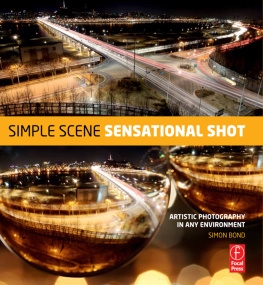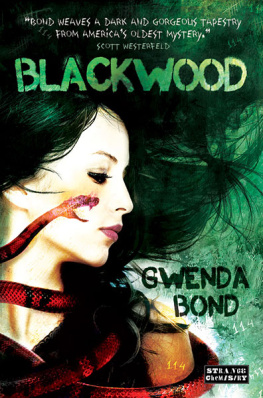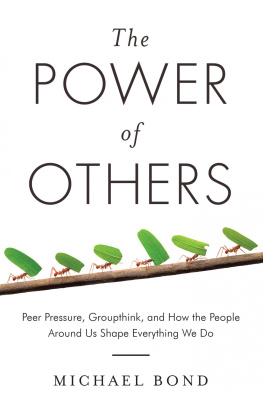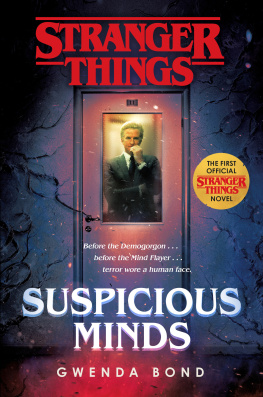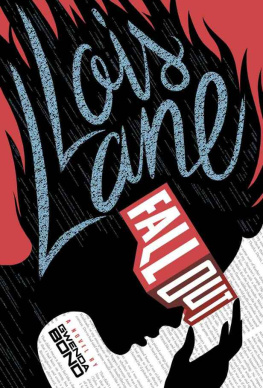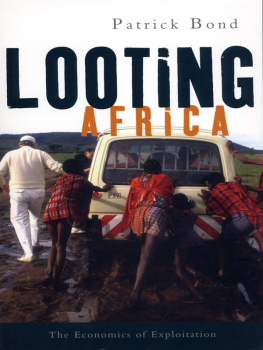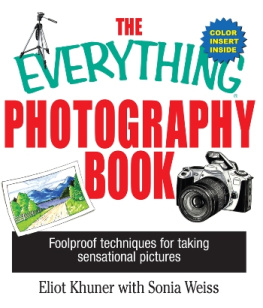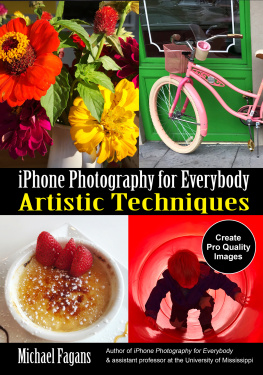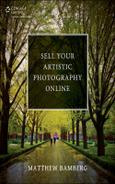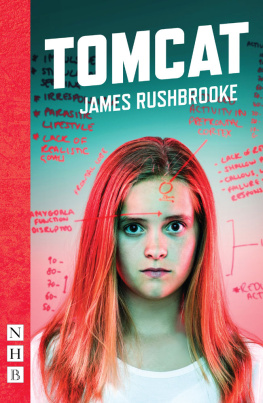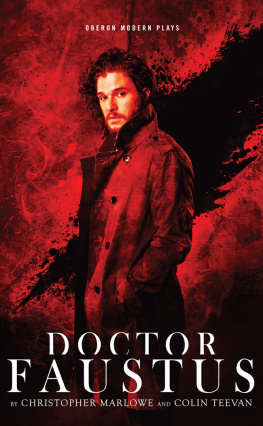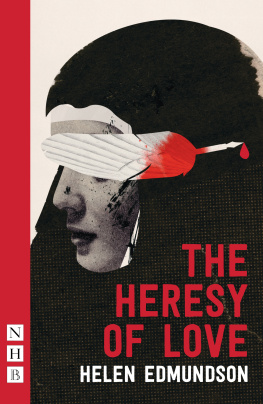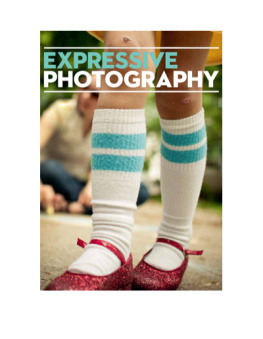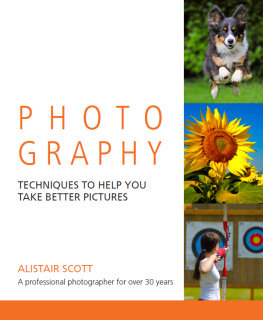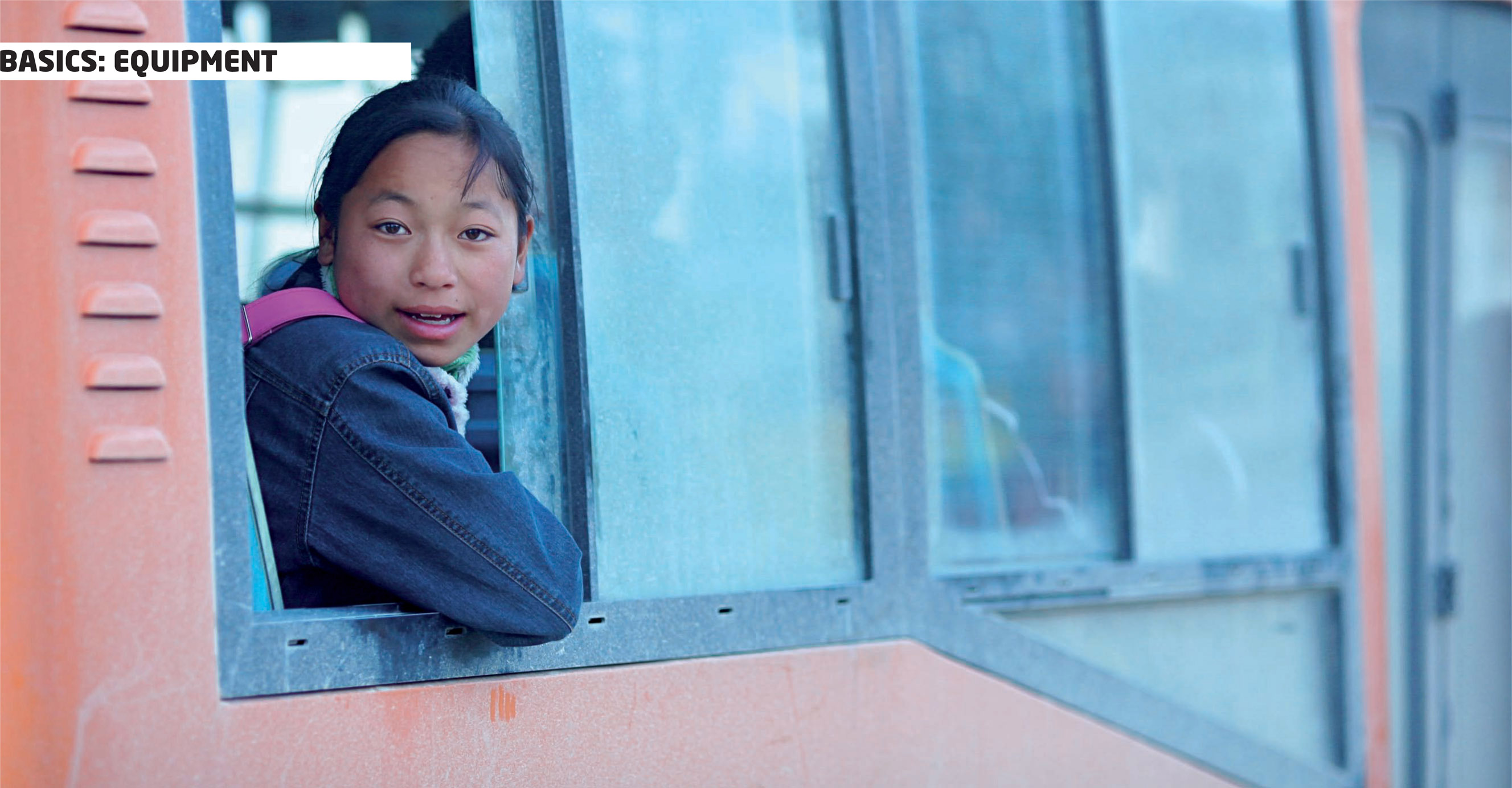The camera i generally use these days is Canons EOS 5D Mkii. Some people will say that this is Canons best camera (at least at the time of writing), but i fervently believe the quality of the images is more about the photographer than the camera they use. The inevitable question is: If youre so sure, why dont you sell your big, heavy camera, and use a compact digital camera instead? this is a valid question for sure, and its one that i hope to answer over the coming pages.
Anybody can use a camera to take a photo, but how do we create images that really stimulate the eye? a lot of the time a good photo will have two important elements: It will tell a story and it will focus on the subject, without allowing the viewer to be distracted by other details within the photo. My feeling is that you can divide photographers into those two categories as wellstorytellers and minimalists. A great photographer will combine these elements into one cohesive photograph, but do you need an expensive camera with a premium-price lens to do this? the simple answer is no. Neither storytelling, nor focusing on the subject, is dependent on the camera, which is why it is the photographer and not the camera that is the most important factor in photography.
In addition, photography often utilizes design elements such as minimalism, repetition, contrast, shadows, silhouettes, and reflections to create striking photographs, sometimes using more than one of these in the same image. Whatever camera youre using, be it an expensive digital SLR or the camera built into your cellphone, these elements are there to be captured. So again it is more about the photographer than the camera.
The other thing that the photographer has that a camera doesnt is a brain, and the human imagination is an amazing thing. I could be visiting a new city, or perhaps attending a festival, but ill have planned in my mind the type of shots im anticipating taking prior to getting there. In other words, a little forward planning helps focus the mind on the task in hand and, as a friend of mine once said, good photographs come when planning and spontaneity collide.

STORY AND SUBJECT MATTER
In this photograph the woman preparing her bike provides the story. We can imagine she has a hard life because of the context provided by the background.
As a composition it has three strong lines running through the background, and there are no other elements in the scene to distract from the cyclist, giving it an almost minimalist quality.
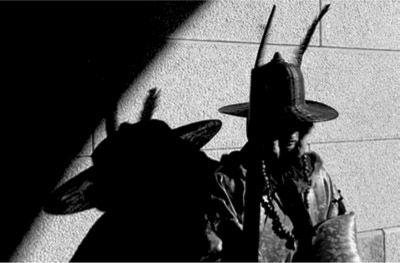
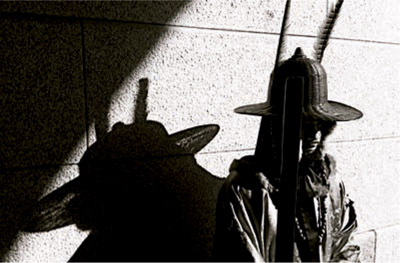
DIGITAL SLR VERSUS IPHONE
The interest in this photograph of a guard in traditional costume is provided by his shadow, and the way the shadow at the left frames him. In this instance there is very little to choose between an image produced by an iphone and one taken using a digital SLR camera. The image is striking as a result of decisions made by the photographer, not because of the equipment used.
So lets return to the earlier question: why have a digital SLR camera at all? the simple reason is that a digital SLR camera gives you more options when taking photos. Depending on how you utilize those options it can enhance your photographs and make it easier to achieve a clean image. A digital SLR allows you to adjust the exposure to the finest degree, thanks to full control over the aperture, shutter speed, and ISO, which in turn means that you can work under a variety of lighting conditions that would challenge less sophisticated cameras. The ability to change lenses on a digital SLR (or nonreflex interchangeable lens camera) also gives you a big advantage over a camera with a fixed lens, as you can attach a wide-angle lens to achieve dramatic compositions, or fit a super-telephoto to shoot a subject at a distance.
However, the advantages that a digital SLR camera gives you will count for nothing if you dont know how to properly use it, and this is again why it is about the photographer and not the camera. Those photographers who dont exploit bokeh and dont require long exposures are likely to get great photos with a compact digital camera, and be very happy with the results. In fact, i sometimes use my iphone to take photos, simply because it is a challenge to be limited by the parameters of a less elaborate camera and to see what kind of photographs can be produced.
Above all, you should be taking photos even when you dont have a camera with you (although a good photographer should always have their camera with them). You dont need a camera to look around, and it can be a useful exercise to compose pictures in your mind, thinking about what it is you want to achieve from a scene, and then perhaps returning with your camera to take the photograph you have envisaged.
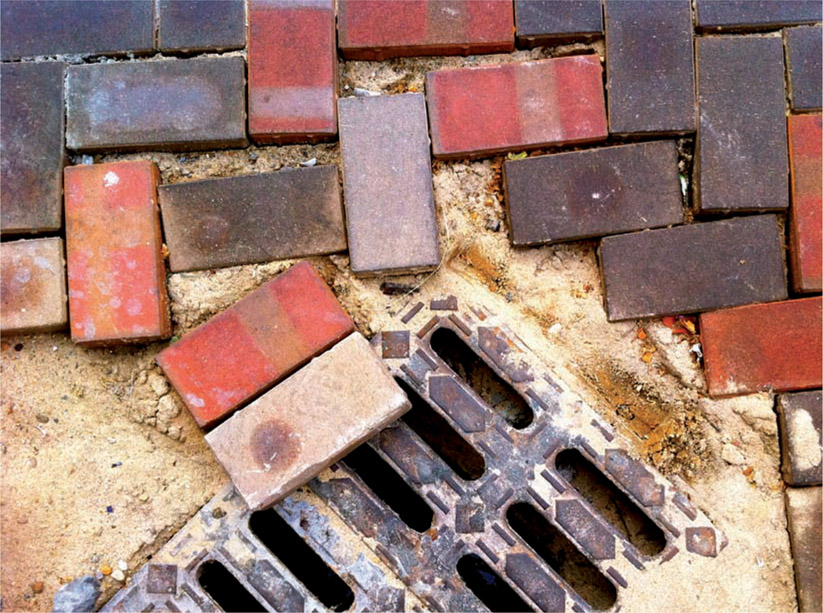
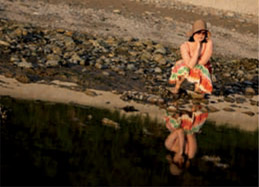
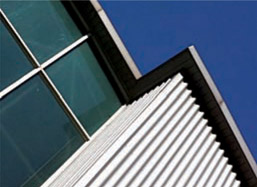
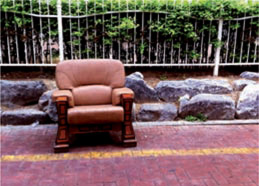
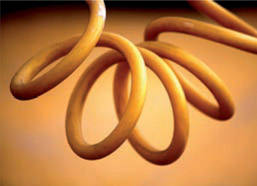
DESIGN ELEMENTS
Any type of camera can capture the design elements that could make a photo interesting. Here is a selection of images, some taken with a digital SLR and others with an iphonedoes it matter which is which?
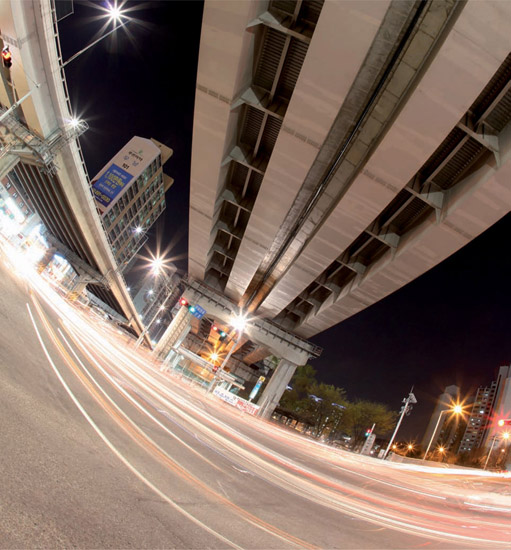
THE DIGITAL SLR ADVANTAGE
A digital SLR camera really comes into its own at nighttime (and in other low-light conditions), but you also have the benefit of being able to change lenses.
This night shot required a long exposure, which would most likely produce an image with a lot of noise using a compact digital camera. I also used a fisheye lens, and the very wide viewing angle and distortion that this type of lens produces is simply not available with compact digital cameras.
As noted, the real difference between a digital SLR (or SLR-style camera) and a point-and-shoot camera or phone is the level of control you have, and the settings you can change when taking photos. If youre a beginner, learning what all of the buttons and menus on your camera do can be a little daunting, but as an experienced photographer all of this information should be programmed into your mind.
Shooting modes
Most cameras have a range of preset shooting modes, but more advanced cameras will have manual settings as well. Being able to take control of your camera manually gives you a lot more flexibility, but you need to know what youre doing with these settings.

